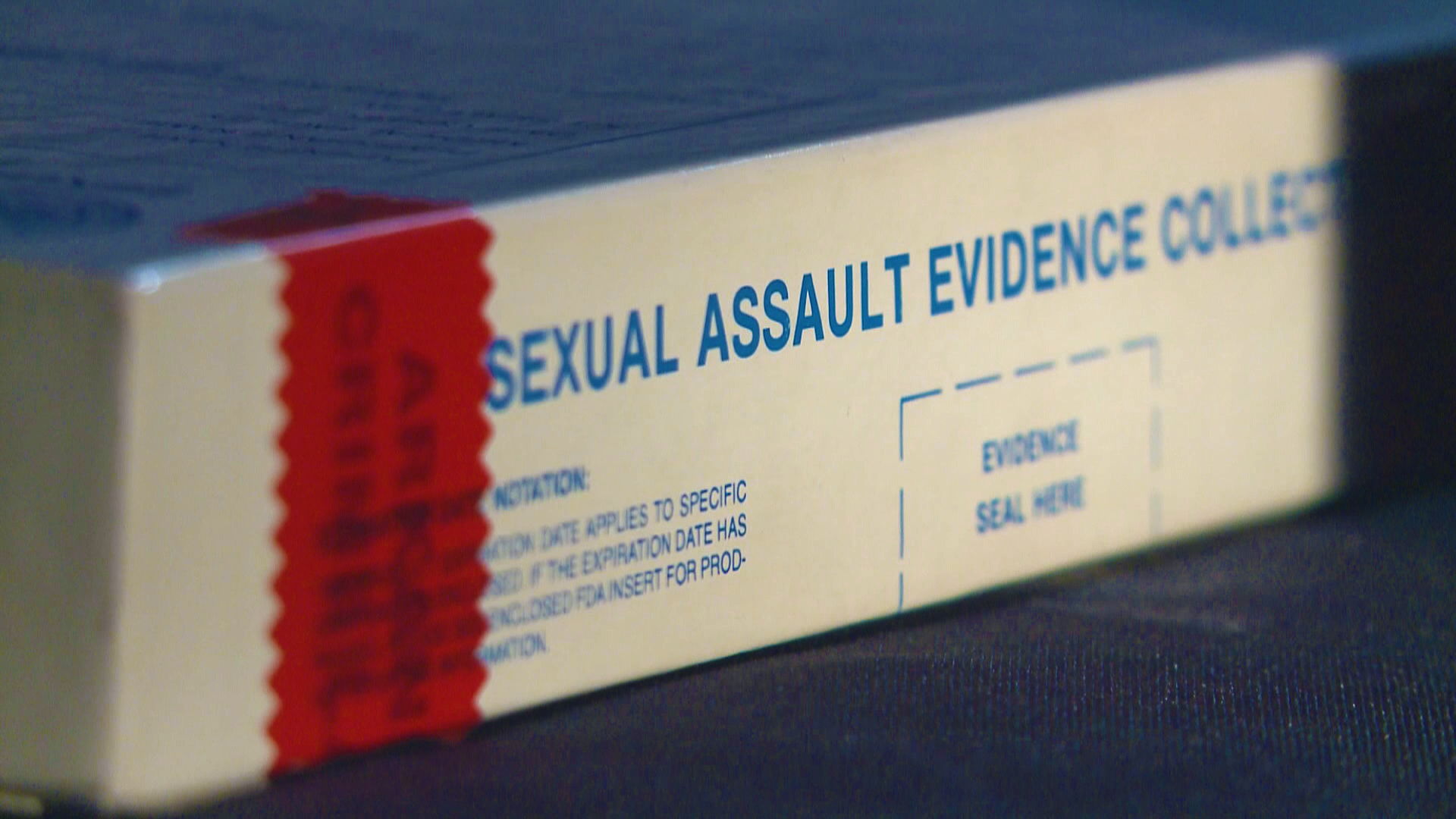LITTLE ROCK, Ark. — (KTHV) – The Arkansas State Crime lab cleared a backlog of over 1,300 rape kits last September, but questions still loom on how to keep kits from sitting on shelves.
Nearly four years ago, a THV11 News investigation revealed over 1,500 rape kits in Arkansas were sitting on shelves and never submitted to the state crime lab. Some of those kits went untested for nearly 10 years. Executive director of the Arkansas State Crime Lab Kermit Channell said testing kits has now become priority.
"That's one of the things that's extremely important to us, is to make sure we don't get a stagnated backlog, so we can get that information to law enforcement as soon as possible,” Channell said.
Act 1168 helped clear the backlog in September. Passed in 2015, it pushes for law enforcement agencies and hospitals to submit untested kits to the lab. Channell said this act is a start, but there is still no statutory requirement to get kits submitted.
“This happens every year, it’s a way we can kind of assess the situation in Arkansas to make sure we don’t have a problem like we’ve seen in Detroit where they have thousands of sexual assault kits sitting dormant on their shelves.,” Channell said.
Channell said the lab now tries to figure out why kits are sitting on shelves. Clearing the backlog in September helped the lab identify two serial criminals through its DNA database. He said getting every kit tested can potentially help law enforcement solve cases they are working on.
"If we have a victim that comes in and has a rape kit and wants to file a police report and wants to go through the criminal justice process, those kits are coming in and being tested,” Monie Johnson said.
Monie Johnson is the Executive Director of the Arkansas Coalition Against Sexual Assault. She said when a kit is submitted to the lab, it is usually tested within 45 days.
"We've never really had a really big back log,” Johnson said. “The only kits we really don't know what to do with are those anonymous or Jane Doe kits."
Johnson said it is these anonymous kits that end up sitting on shelves. What happens is the victim either decided they did not want to fil a police report, or they were unsure they wanted to submit a police report, so the kits just sit at law enforcement agencies or hospitals.
"If there's not a police report, then you don't have a person to transport the kit to the crime lab,” Jonhson said.
According to End the Backlog, states including New York, Connecticut and Illinois have enacted laws that require mandatory testing of all kits collected, including anonymous kits. Legislation like this does not exist in Arkansas.
"That's one of things we're working on right now is reviewing all of our options and seeing what we might need to do about that,” Johnson said.
The state has made it easier for victims to track their kits. Last summer a bar code was added the each kit, and a victim can log on to the Arkansas State Crime Lab’s website and see where their kit is.
“We’ve probably got maybe 72 agencies right now. We still have probably another 200 that are going to get on board, but they are,” Channell said.
Channell said about 244 kits are registered in the system now. The crime lab gets enough funding to distribute about 850 kits per year.
He also said there are still some kits that do not have bar codes out there. This is because hospitals and law enforcement agencies are still using up the older ones with no bar codes.
“We still try to encourage them to use those because the kits are expensive,” Channell said.
Johnson said the Arkansas Coalition Against Sexual Assault has an officer traveling the state the educate agencies about the new kits. She said it might be a little longer for all agencies to get on board, but the state crime lab has done a great job of pushing the bar coded kits out.
“We’re finding a lot of the police agencies are using it but it seems to be rural counties don’t get the message,” Johnson said.
Johnson said this tracking system is also a step in the right direction, but she said there is still a lot of work to be done in Arkansas to make sure every kit taken is a kit tested. There is no current legislation in this year’s session.
"There's a lot of different options," Jonhson said. "Some of those options cost a lot of money. We don't know that our state has the money or will delegate the money to solve that problem.”
Channell also said he thinks Arkansas is ahead of the game, but we still have a long way to go.
“I think the goal is work these kits as soon as they’re submitted to the laboratory and have results out in 30-60 days." Channell said. "We’re not at that point yet but we will be soon. I think it’s important that happens because if we’re stagnant here in the laboratory, the criminal justice system in itself is stagnant.”

